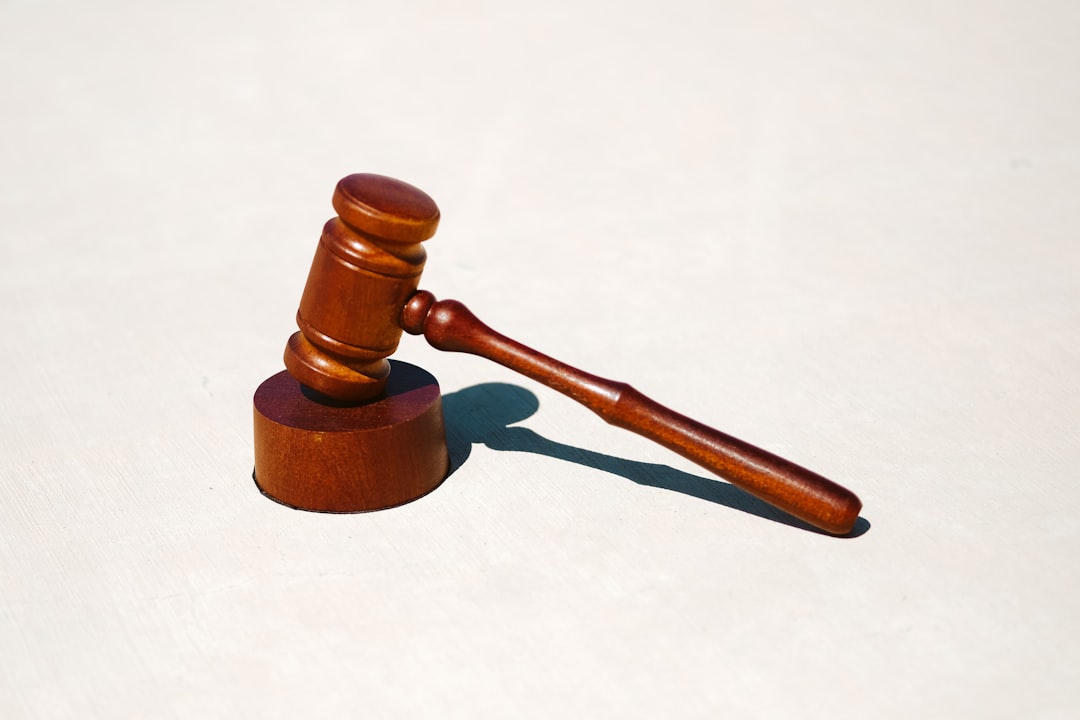Victims of sexual assault in New Jersey benefit from specialized legal guidance offered by sexual assault attorneys who navigate stringent state laws prioritizing protection and justice. These professionals help survivors overcome barriers, providing expert advice, gathering evidence, and advocating for their rights. Engaging with local Sexual Assault Awareness campaigns, volunteering time or expertise as an attorney, and sharing stories are impactful ways to contribute to this critical cause, fostering support and empathy within the community.
“In New Jersey, raising awareness about sexual assault is a vital step towards creating a safer environment. This comprehensive guide aims to empower individuals and advocates by offering insights into navigating the legal system and accessing support services. Understanding the laws surrounding sexual assault is crucial for both victims seeking justice and supporters ready to help.
We’ll explore effective strategies for engaging with awareness campaigns, ensuring that everyone can contribute to this critical cause, including those considering a career as a sexual assault attorney in New Jersey.”
Understanding Sexual Assault Laws in New Jersey: A Guide for Victims and Supporters
In New Jersey, understanding the state’s sexual assault laws is paramount for victims and supporters alike. These laws are designed to protect individuals from sexual violence and provide legal recourse for those affected. A sexual assault attorney in New Jersey can guide victims through this complex landscape, ensuring their rights are protected and they receive the justice they deserve. Key aspects of these laws include strict definitions of consent, enhanced penalties for repeat offenders, and provisions for confidentiality and support services for survivors.
Victims may face a variety of challenges when pursuing legal action, including emotional distress, physical trauma, and fear of recrimination. A sexual assault attorney in New Jersey can help navigate these obstacles by providing expert advice, gathering evidence, and advocating on behalf of the victim. They play a crucial role in ensuring that survivors have access to the resources and support they need to heal and rebuild their lives.
Navigating Support Services: Where to Find Help and Resources as a Survivor or Advocate
Navigating support services is a crucial step for survivors and advocates in New Jersey. If you or someone you know has experienced sexual assault, there are numerous resources available to help heal and recover. Many organizations offer confidential counseling, legal aid, and advocacy services tailored to assist victims. These can include hotlines, shelters, and specialized centers that provide emotional support, guidance on reporting the incident, and assistance in navigating the legal system.
For those seeking legal representation, consulting a sexual assault attorney in New Jersey is an essential step. Legal professionals specializing in this area can offer expert advice, help protect your rights, and ensure you receive fair compensation if applicable. They guide survivors through various legal processes, from filing criminal charges to pursuing civil litigation, ensuring that justice is served and the victim’s needs are addressed.
Becoming an Active Participant: Strategies for Engaging with Sexual Assault Awareness Campaigns
Becoming an active participant in Sexual Assault Awareness campaigns is a powerful way to contribute to this critical cause. Engage with local organizations and events in New Jersey dedicated to raising awareness about sexual violence. These initiatives often include educational workshops, community discussions, and advocacy efforts. As a proactive individual, you can volunteer your time to help organize these events or offer your expertise as a sexual assault attorney in New Jersey to provide legal insights.
Sharing personal stories and experiences related to sexual assault, while sensitive, can be incredibly impactful. Many campaigns encourage individuals to come forward and share their journeys to reduce the stigma associated with sexual violence. By participating, you become an advocate, not just for your own healing but also for the empowerment of others who may have experienced similar situations. This collective action fosters a culture of support and helps drive change through increased understanding and empathy.





